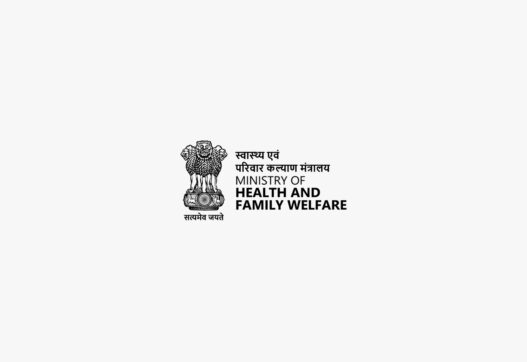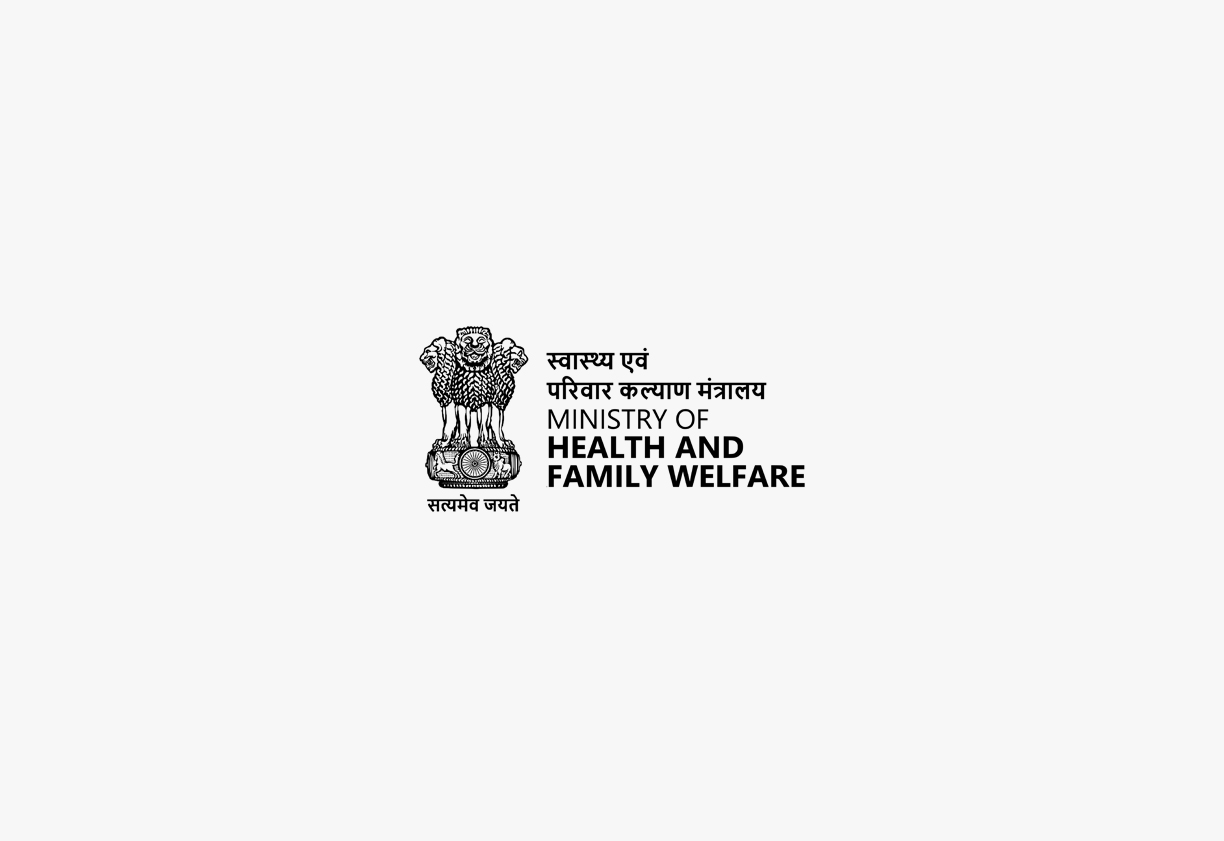Ministry of Health and Family Welfare
The Cigarettes and Other Tobacco Products (Prohibition of Advertisement and Regulation of Trade and Commerce, Production, Supply and Distribution) Act, 2003, aims to prohibit tobacco advertising, regulate trade, production, supply, and distribution of tobacco products, and protect public health.
1: Act Background and Ministry Under Which This Act Is:
The Cigarettes and Other Tobacco Products (Prohibition of Advertisement and Regulation of Trade and Commerce, Production, Supply and Distribution) Act, 2003, was enacted to prohibit the advertisement of tobacco products and to regulate their trade, production, supply, and distribution. This act aims to protect public health by reducing tobacco consumption and exposure to tobacco smoke. The act falls under the administrative purview of the Ministry of Health and Family Welfare, which is responsible for overseeing the implementation and enforcement of regulations related to tobacco control. The ministry plays a vital role in protecting public health.
2: Enactment Date, Number of Chapters, Number of Sections:
The Cigarettes and Other Tobacco Products Act, 2003, was enacted on 18th May, 2003, and is known as Act No. 34 of 2003. This act is structured into 33 sections, with no formal chapters. These sections cover various aspects such as definitions, prohibitions on smoking in public places, restrictions on tobacco advertising, regulations on trade and commerce, penalties for violations, and rule-making powers. The act also includes a schedule listing the tobacco products covered. The act has been amended over time to reflect changes in tobacco control policies.
3: Act Governed By:
The Cigarettes and Other Tobacco Products Act is governed by the Central Government, which has the power to make rules and regulations under the Act. State Governments also play a role in enforcing certain provisions within their respective jurisdictions. The act is governed by the provisions outlined within it, as well as rules and regulations framed by the Central government. It is therefore a combination of central and state oversight.
4: On Whom It Is Applicable:
The provisions of The Cigarettes and Other Tobacco Products Act apply to all individuals and entities involved in the production, supply, distribution, and sale of tobacco products in India. This includes manufacturers, distributors, retailers, advertisers, and all other stakeholders who handle tobacco products. The act also applies to those who smoke in public places. The act aims to regulate the tobacco industry and protect public health.
5: Penalties/Punishments:
The act prescribes various penalties for non-compliance and offenses, including:
-
Smoking in Public Places: Smoking in public places attracts a fine.
-
Sale to Minors: Selling tobacco products to persons under eighteen years of age attracts a fine.
-
Violation of Advertising Rules: Advertising tobacco products in violation of the act attracts imprisonment and fines.
-
Failure to Display Warnings: Failure to display specified warnings on tobacco packages attracts imprisonment and fines. The act focuses on deterrence through penalties.
6: Important Pointers:
-
Prohibition of Smoking: The act prohibits smoking in public places.
-
Advertising Restrictions: It places stringent restrictions on the advertisement of tobacco products.
-
Sale to Minors: It prohibits the sale of tobacco products to persons below the age of eighteen years.
-
Specified Warnings: It mandates that tobacco products carry specified health warnings.
-
Nicotine and Tar Contents: It requires the indication of nicotine and tar contents on tobacco product packages.
-
Power of Entry and Search: It empowers authorities to enter and search premises for violations.
-
Confiscation: It allows for the confiscation of tobacco products and advertising materials that violate the law.
-
Rule-Making Power: It empowers the Central Government to make rules for carrying out the purposes of the act. The act is a comprehensive effort to control tobacco use.
7: Act Copy:




